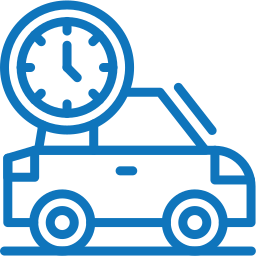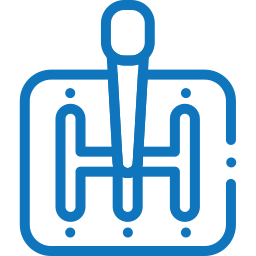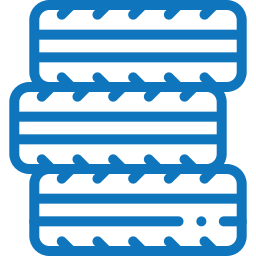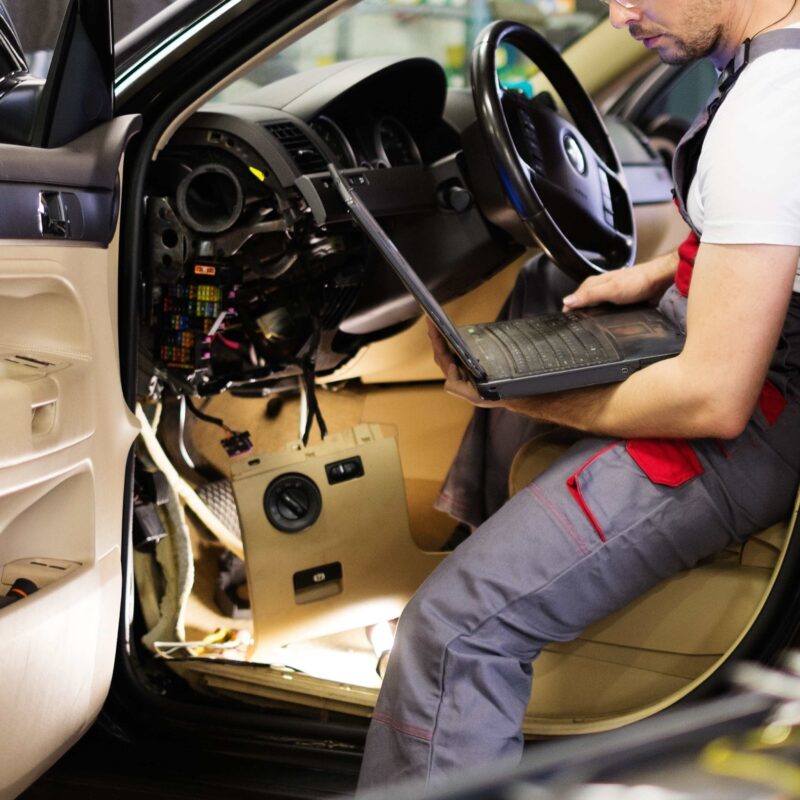- Home Page
- Services
Maintenance and Inspections

Engine and Transmission

Tires

Electrical and Air Conditioning

Additional Services and Washes

- Brands Service
- Body Repairs
- Electric & Hybrid
- Towing
- Car wash
- About Us
- Contact
- Home Page
- Services
- Scheduled Maintenance
- Seasonal Maintenance
- Pre-check for the Official Inspection
- Windscreens
- AC-Maintenance
- Replacement car services
- Diagnostics
- Gearbox service
- Timing belt replacement
- Brake service
- Clutch repair
- Electrical Work
- Tyre replacement and storage
- Wheel alignment
- Tyre balance
- Tyre sales
- Engine heater installation
- Engine and car base wash
- Brands Service
- Body Repairs
- Electric & Hybrid
- Towing
- Car wash
- About Us
- Contact
- 040 762 4256
- Mon-Fri 7:30-17










